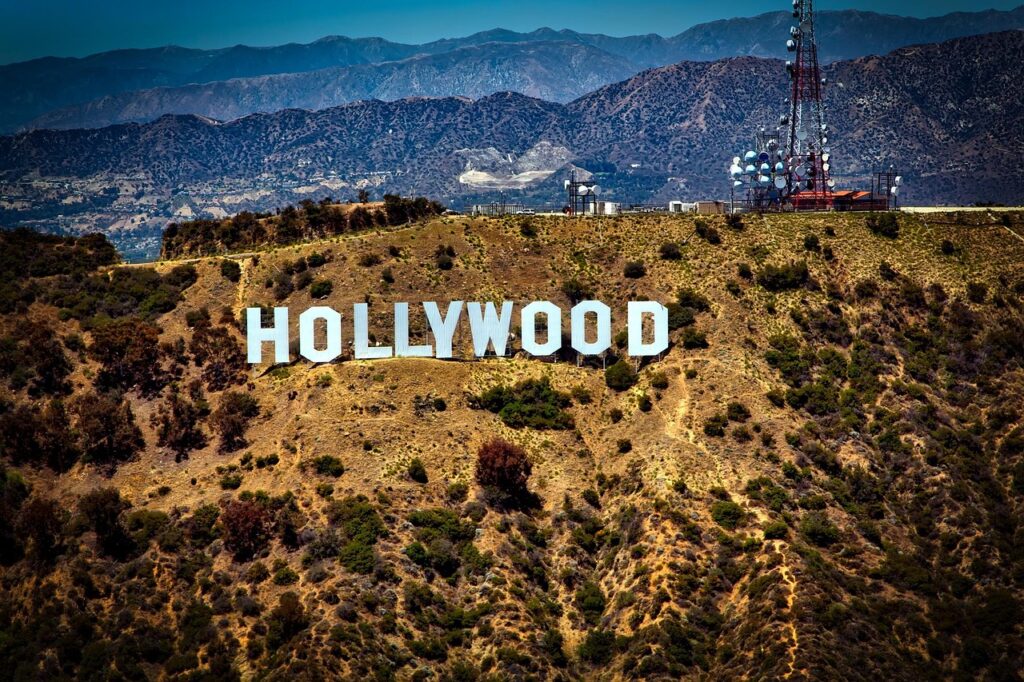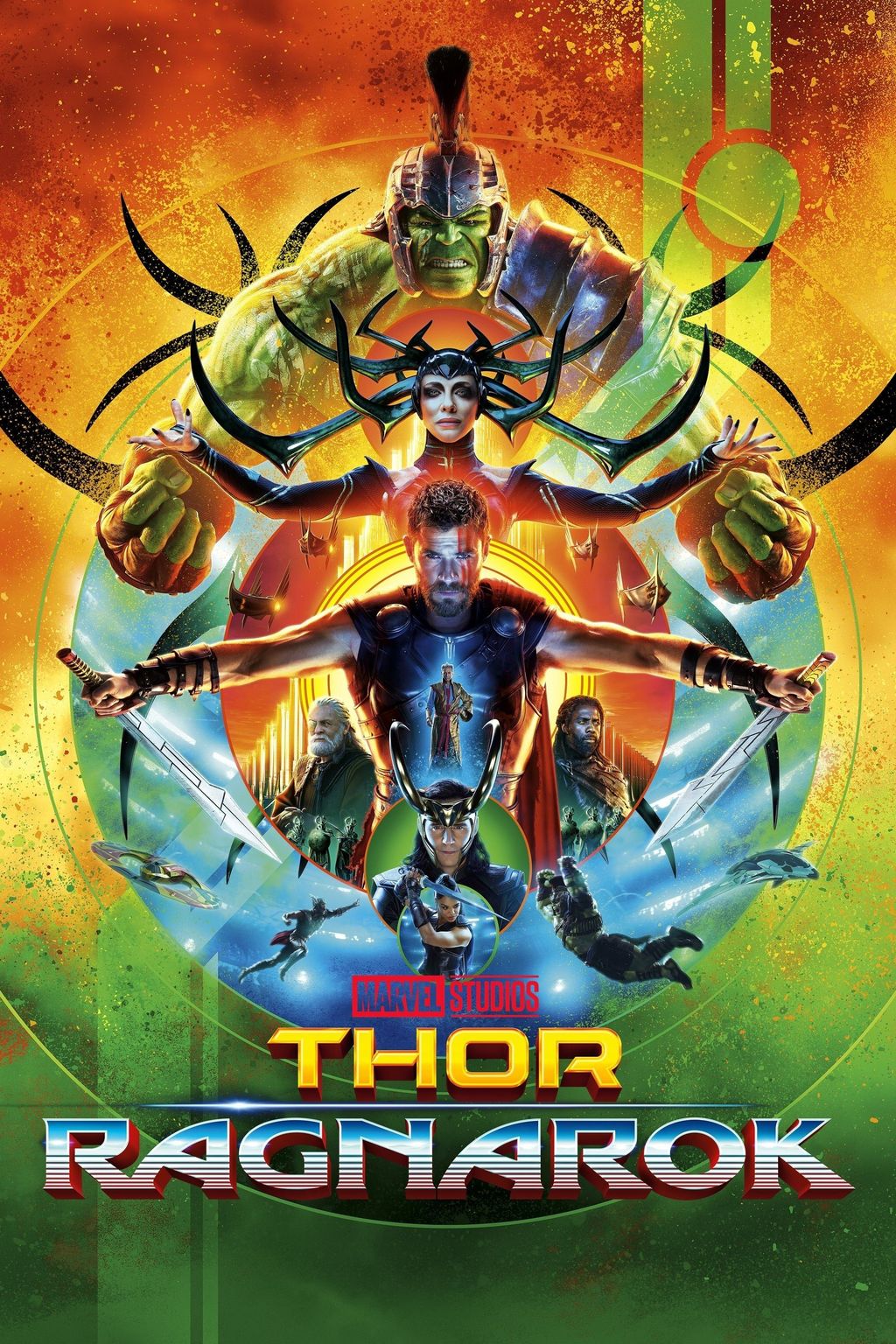
In the fast-evolving landscape of late-night television, a recent seismic event has sent ripples through the entertainment industry, prompting a candid and fervent response from one of Hollywood’s most respected figures, Jason Bateman. The sudden and indefinite suspension of “Jimmy Kimmel Live!” by ABC has ignited a crucial conversation, forcing industry insiders and the public alike to confront fundamental questions about creative autonomy, network control, and, perhaps most significantly, the very essence of free speech in an increasingly polarized media environment.
Bateman’s intervention, delivered with characteristic thoughtfulness on the Today show, didn’t just offer a friend’s perspective; it provided a powerful, early indicator of the collective sentiment beginning to coalesce across Hollywood. His words underscored a growing belief that in moments of perceived injustice or censorship, silence is not an option. This incident transcends a mere programming change; it signifies a pivotal moment where the lines between entertainment, politics, and fundamental rights have become undeniably blurred, demanding a robust and unified response from those within the industry.
The context surrounding this dramatic development is multifaceted, involving a controversial on-air monologue, swift network action, high-level political pressure, and an immediate outpouring of support and concern from fellow celebrities and media commentators. As we delve into the initial phase of this unfolding story, we’ll examine the immediate events, the key players involved, and the underlying tensions that led to one of television’s most prominent voices being taken off the air without a clear return date. It’s a narrative that continues to provoke widespread discussion, highlighting the delicate balance between creative expression and corporate imperatives.
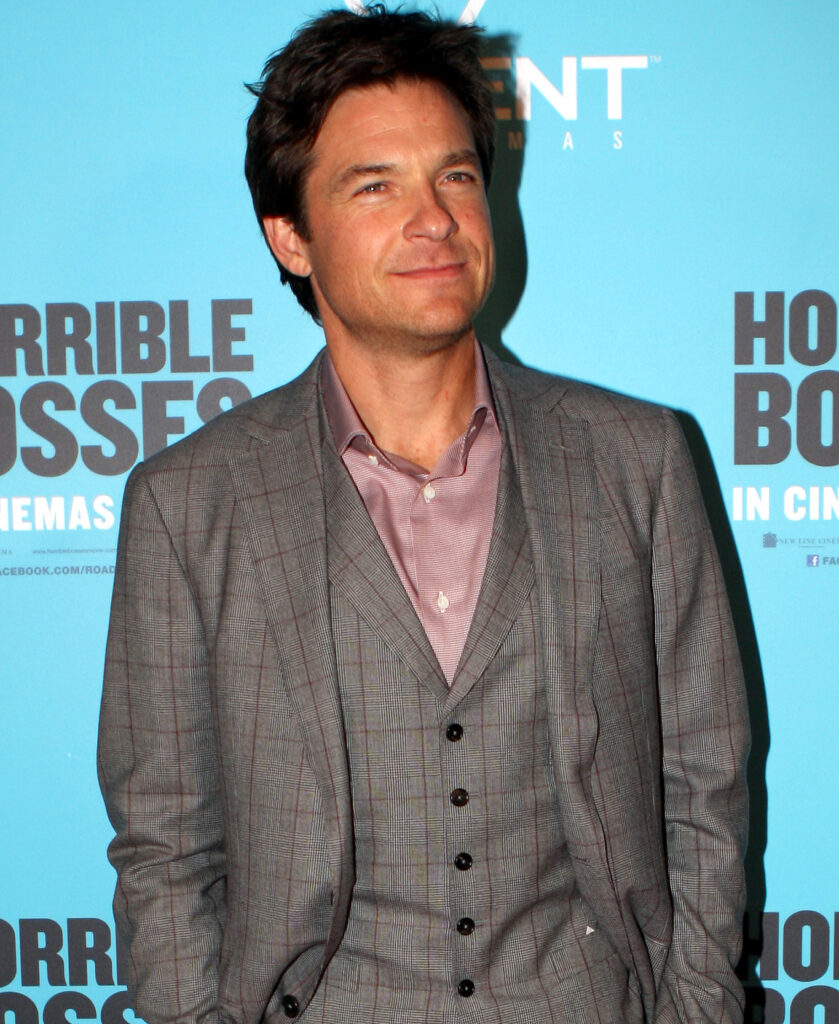
1. **Jason Bateman’s Initial Reaction and Call to Action**Jason Bateman, promoting his new Netflix series “Black Rabbit” on the Today show, found himself drawn into a far more pressing industry discussion when host Craig Melvin shifted the conversation to his longtime friend, Jimmy Kimmel. Bateman’s response was immediate and unequivocal, articulating a concern that many in Hollywood would soon echo. He described the situation as “troubling to say the least,” directly stating, “And we all have to really take a moment and figure how we feel about this type of thing.”
His comments weren’t just a lament; they were a call to awareness and, implicitly, to action. Bateman emphasized the imperative not to be passive observers, explaining, “You just can’t stand by and let stuff like that go on.” This declaration firmly positioned him as a vocal proponent for an industry response, underscoring his belief that such events cannot be met with silence. His words reflected a genuine apprehension about the implications of such a significant network decision.
Bateman further revealed that conversations were already underway within the industry regarding how to address the situation. He stated, “I’m sure there’s going to be some sort of collective move to respond to this, but I’m not smart enough or powerful enough to be the one to do it but I imagine there’s plenty of conversations going on to do something, because you just can’t stand by and let stuff like that go on.” This insight highlighted the immediate, behind-the-scenes discussions and the serious consideration being given to a coordinated response, signaling that the entertainment community was not prepared to let this incident pass without challenge.
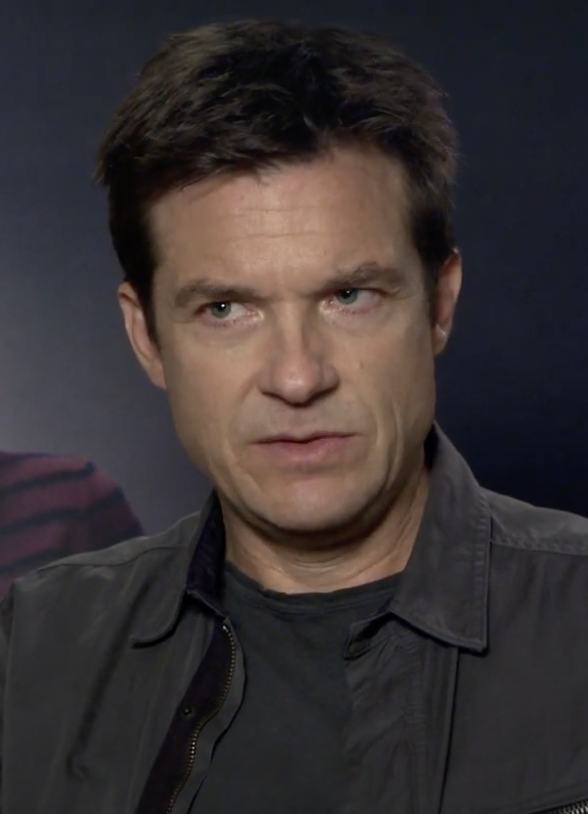
2. **The Indefinite Hiatus of “Jimmy Kimmel Live!”**The central event triggering this industry upheaval was ABC’s decision to abruptly pause “Jimmy Kimmel Live!” The network confirmed that the late-night staple would be placed on “indefinite hiatus,” effective Wednesday, September 17. This move sent shockwaves across the television landscape, particularly given Kimmel’s stature as a veteran late-night host with a significant audience and a history of tackling sensitive social and political issues.
The term “indefinite hiatus” immediately raised concerns, suggesting a lack of a clear timeline for the show’s return and potentially signaling deeper issues at play than a temporary break. The seriousness of the situation was underscored by the fact that a prominent, established program was being pulled from the air with such little warning, leaving many to speculate about the exact pressures and motivations behind ABC’s decision. This wasn’t a seasonal break; it was a sudden cessation of broadcasting for an undetermined period.
An ABC spokesperson later confirmed the decision to CNN, stating, “Jimmy Kimmel Live will be pre-empted indefinitely.” This official confirmation reiterated the gravity of the situation, reinforcing the uncertainty surrounding the show’s future. The network’s decision to halt one of its flagship late-night programs, without a set return date, positioned the incident as a significant moment in the ongoing conversation about corporate control over creative content and the boundaries of permissible discourse in entertainment television.
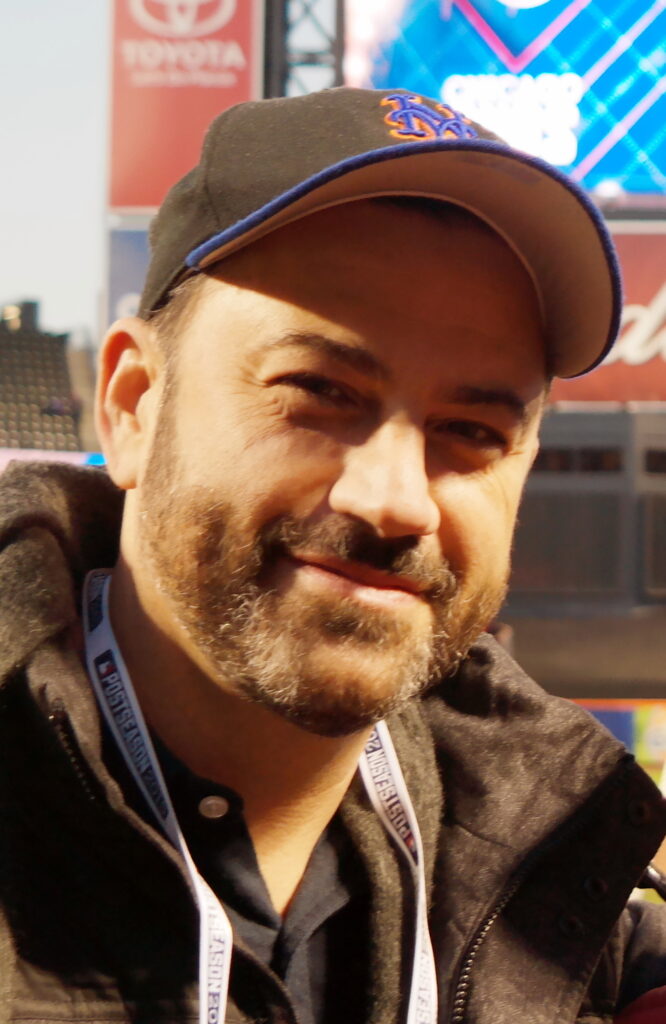
3. **ABC’s Replacement Programming**In the immediate wake of “Jimmy Kimmel Live!’s” indefinite suspension, ABC swiftly moved to fill the vacant 11:35 p.m. slot, opting for reruns of “Celebrity Family Feud.” This choice provided a stark contrast to the often politically charged and commentary-driven content of a late-night talk show, offering a more lighthearted and ostensibly apolitical alternative during a turbulent week for television.
According to Variety, more than 150 affiliate stations were sent a memo detailing the programming change, explaining that Steve Harvey’s “Celebrity Family Feud” would temporarily occupy the slot while ABC conducted a review of “the program’s future.” This widespread communication indicated the significant logistical undertaking involved in the schedule alteration and the network’s effort to manage expectations across its vast affiliate network. The choice of a syndicated game show highlighted the immediate need for filler content that would be broadly acceptable and easily integrated.
Affiliate stations quickly adjusted to the new schedule. Sinclair, one of the largest affiliate groups, confirmed it would air a special in Kimmel’s slot on Friday and make it available to other ABC stations, demonstrating a proactive approach to managing the sudden void. Similarly, Nexstar Media announced it would replace “Jimmy Kimmel Live!” with alternate programming across its markets. These rapid adjustments by major affiliate groups underscored the ripple effect of ABC’s decision, forcing broadcasters nationwide to scramble to modify their programming lineups and ensure continuity for their viewers.
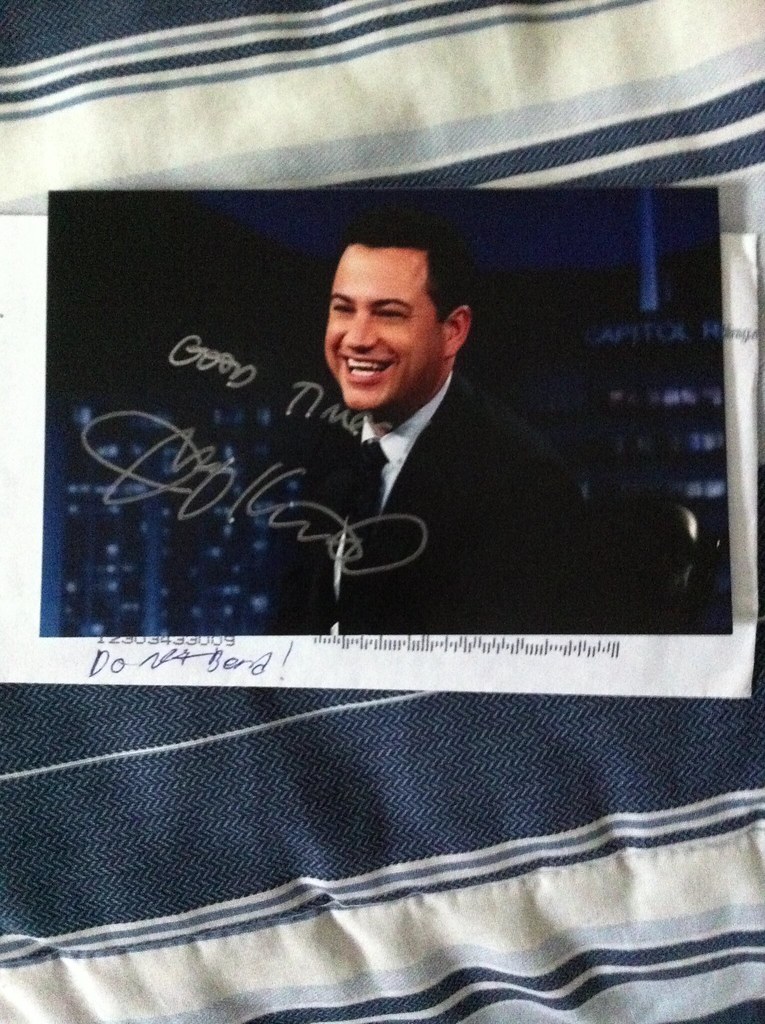
4. **Kimmel’s Controversial Monologue**At the heart of ABC’s decision to suspend “Jimmy Kimmel Live!” lay a controversial monologue delivered by Kimmel on his Monday show. During this segment, Kimmel made pointed remarks about the “MAGA gang” and their response to the death of Charlie Kirk, directly accusing them of attempting to politicize the tragedy. He stated, “We hit some new lows over the weekend with the MAGA gang desperately trying to characterize this kid who murdered Charlie Kirk as anything other than one of them and doing everything they can to score political points from it.”
Kimmel’s comments also extended to critiquing former President Donald Trump’s reaction to the shooting. He observed Trump’s response to questions about how he was “holding up” after Kirk’s shooting, where Trump reportedly redirected the conversation to construction of a new ballroom for the White House. Kimmel sarcastically retorted, “This is not how an adult grieves the murder of someone he calls a friend. This is how a four-year-old mourns a goldfish.” These sharp criticisms, particularly those directed at Trump and the “MAGA gang,” were clearly the catalyst for the intense backlash that followed.
In the disputed episode, Kimmel was unequivocal in his assertion that “The Maga Gang is desperately trying to portray this kid who killed Charlie Kirk as anything but one of their own, doing everything possible to gain political leverage from it.” This direct challenge to a prominent political faction, combined with his satirical take on Trump’s grieving process, crossed a line for some, leading to immediate and significant repercussions from conservative circles and, ultimately, from the network itself. The monologue underscored Kimmel’s willingness to engage directly with contentious political narratives, a characteristic that had previously defined his late-night tenure but now proved to be the flashpoint for his suspension.
Read more about: Jiggy With It? Jimmy Kimmel’s Razor-Sharp Oscars Return After the Slap Heard ‘Round the World

5. **The Role of Federal Communications Commission (FCC) Chair Brendan Carr**Adding a powerful layer of external pressure to the unfolding drama was Federal Communications Commission (FCC) chair Brendan Carr, whose intervention escalated the situation from a mere network programming decision to a matter of potential regulatory action. Amidst the mounting MAGA backlash against Kimmel’s comments, Carr reportedly threatened ABC’s broadcasting license, a move that sent a clear and ominous signal to the network and its parent company, Disney.
Speaking to conservative podcast host Benny Johnson, the Trump appointee issued a stark warning, stating, “We can do this the easy way or the hard way.” This phrase, often associated with implicit threats, strongly suggested that if ABC did not address the perceived issue with Kimmel’s show to the FCC’s satisfaction, it could face severe consequences related to its ability to broadcast. Such a direct threat from a high-ranking government official to a major media corporation is highly unusual and indicative of the intense political heat generated by Kimmel’s monologue.
When CNN approached Carr for comment after Kimmel’s removal, his response, instead of a formal statement, was a meme from The Office showing Steve Carell and Rainn Wilson “raising the roof.” This seemingly flippant gesture, while perhaps intended to convey a sense of triumph or dismissiveness, further underscored the political nature of his involvement and the perceived victory for those who had called for Kimmel’s removal. The FCC’s role, particularly through Carr’s actions, highlighted the significant influence that government regulatory bodies can wield over media content, especially when perceived political biases come into play.
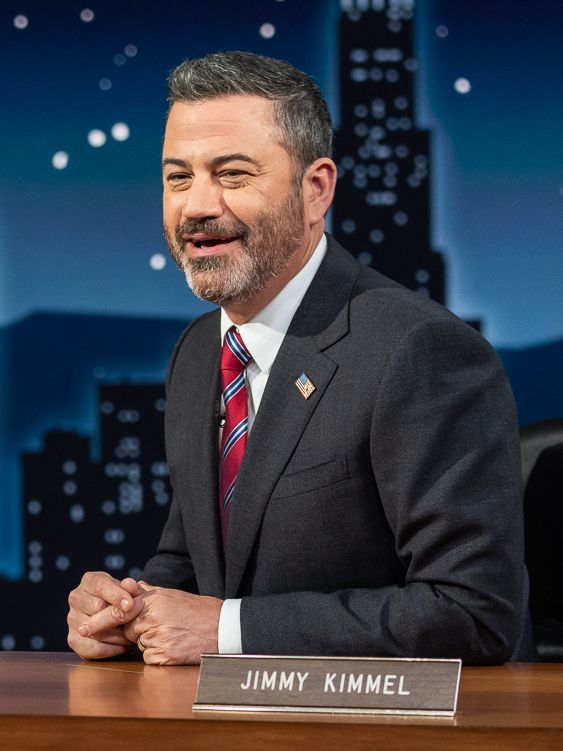
6. **The MAGA Backlash and Calls for Action**The immediate and intense backlash following Jimmy Kimmel’s controversial monologue originated primarily from the “MAGA gang,” as Kimmel himself termed them, and other conservative voices who viewed his comments as an attack. This backlash wasn’t merely a surge of online criticism; it quickly translated into calls for more severe action, creating a palpable pressure on ABC and its affiliates. The core of their grievance stemmed from Kimmel’s characterization of the “kid who murdered Charlie Kirk” and his perceived effort to link the incident to the MAGA movement, and his perceived lack of respect for Kirk and Trump.
This movement to clamp down on “anti-Kirk speech or posts” gained momentum in the wake of the assassination of the right-wing activist and Turning Point USA co-founder. The context explicitly mentions that “Kimmel’s suspension comes amid a wider push from MAGA to clamp down on anti-Kirk speech or posts in the wake of the assassination of the right-wing activist and Turning Point USA co-founder.” This indicates a broader, coordinated effort to control the narrative surrounding Kirk’s death and to silence dissenting voices or criticisms, especially those that attempted to associate the incident with conservative ideologies.
Further demonstrating the intensity of this backlash, JD Vance, a friend of the late 31-year-old, actively encouraged people to take direct action against anyone celebrating Kirk’s death. Vance urged, “call them out, and hell, call their employer.” This encouragement provided a clear roadmap for those seeking to exert pressure, directly targeting individuals’ livelihoods and institutional affiliations. The combined weight of social media outrage, political threats, and calls for direct economic consequences from influential figures created an environment where ABC executives likely felt immense pressure to respond decisively, ultimately leading to Kimmel’s suspension.
Read more about: John Travolta: Beneath the Smile, A Deep Dive into Decades of Controversy and Shady Allegations

7. **Donald Trump’s Reaction to the Suspension**Former President Donald Trump, a longtime critic of Jimmy Kimmel, was swift and unreserved in his reaction to the news of the late-night host’s suspension. His response, delivered via social media, was characteristic of his public commentary, celebrating the network’s decision and portraying it as a vindication of his past criticisms. Trump wrote, “The ratings challenged Jimmy Kimmel Show is CANCELLED. Congratulations to ABC for finally having the courage to do what had to be done.”
Trump had previously criticized Kimmel repeatedly over the years and had even predicted that Kimmel would be the next late-night host to face cancellation, following in the footsteps of Stephen Colbert, whose show had been cancelled by CBS two months prior. His triumphalist message suggested that he viewed Kimmel’s suspension not just as a network decision, but as a direct result of his own influence and persistent denouncements of the comedian. The tone of his message was celebratory, positioning ABC’s action as a bold and necessary step that aligned with his long-held views on Kimmel’s program.
His use of the phrase “ratings challenged” was a familiar tactic to diminish Kimmel’s standing and justify the network’s action, despite the program’s established popularity. This immediate and public endorsement from a former president, who had also been the target of Kimmel’s monologue, further solidified the political dimensions of the suspension. Trump’s intervention amplified the narrative that Kimmel’s removal was a justified consequence of his on-air commentary, rather than a neutral corporate decision, thereby adding another layer of complexity to an already contentious situation and fueling the debate over freedom of speech in media.
Read more about: Buyer Beware: 10 Cars of 2025 Plagued by Recurring Mechanical Woes, According to Consumer Complaints and Data
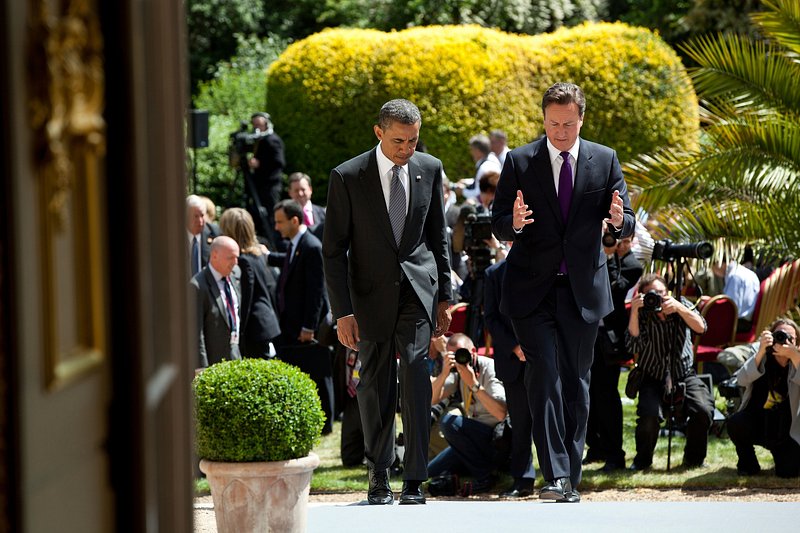
8. **Jimmy Fallon’s Canceled Conference Appearance**The immediate fallout from Kimmel’s suspension wasn’t confined to ABC’s studios or political commentary; it swiftly impacted other prominent figures in late-night television. On the very day Jason Bateman voiced his concerns, Jimmy Fallon, host of NBC’s “The Tonight Show,” abruptly canceled a scheduled appearance at Fast Company’s Innovation Festival in New York City. This unexpected withdrawal sent a clear signal across the industry about the sensitive and volatile nature of the ongoing situation.
Fallon had been slated to participate in a panel titled “Staying On Brand,” where he was expected to discuss his upcoming NBC reality series, “On Brand.” However, according to Business Insider, attendees at the festival were simply informed that Fallon would not be appearing. A spokesperson for the festival succinctly announced, “In light of recent events, Jimmy couldn’t be here,” directly linking his absence to the upheaval surrounding Kimmel.
While no explicit reason was given beyond “recent events,” Fallon’s cancellation was widely interpreted as a gesture of solidarity with his fellow late-night host or, at the very least, a cautious decision to avoid wading into the contentious public discourse surrounding free speech and network control. His planned topic, “Staying On Brand,” ironically gained a new, unintended layer of meaning in the context of an industry grappling with the boundaries of creative expression.
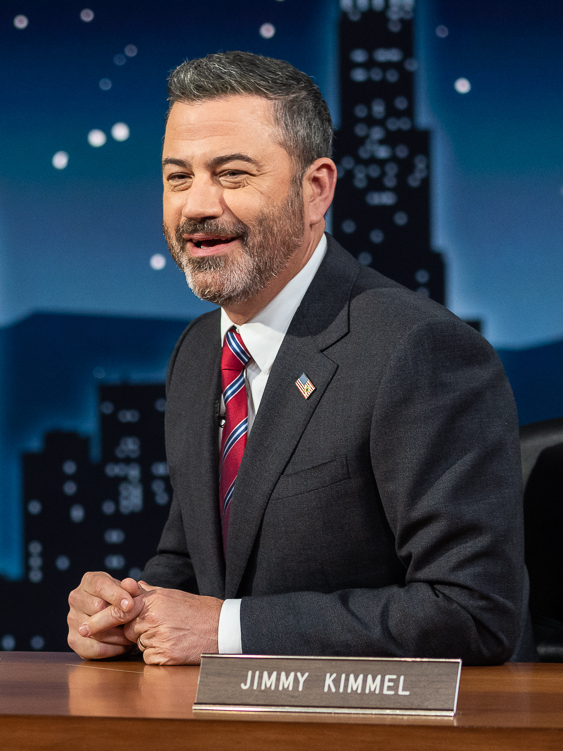
9. **Widespread Celebrity Support for Kimmel**As news of Kimmel’s indefinite hiatus spread, Hollywood quickly rallied to his defense, transforming the incident into a flashpoint for broader industry concern. A chorus of prominent stars took to social media and other platforms to voice their solidarity with the embattled host, underscoring a collective apprehension about the implications for creative freedom. This outpouring of support indicated that many viewed the suspension as a concerning precedent rather than an isolated incident.
Among the notable figures who publicly spoke out were Ben Stiller, Sophia Bush, Don Lemon, Kathy Griffin, and Wanda Sykes. Sykes, who had a scheduled appearance on “Jimmy Kimmel Live!”, posted a simple yet powerful video on Instagram, stating, “Love you, Jimmy.” Ben Stiller, a respected figure in comedy and film, also weighed in on X, plainly writing, “This isn’t right,” in direct response to the network’s drastic decision, reflecting a sentiment shared by many within his peer group.
The support transcended mere celebrity endorsements. Comedian Mike Birbiglia shared a handwritten note on Instagram, advocating for the importance of defending others, even when one might disagree with their views, and explicitly urged fellow comedians to speak out for Kimmel. Jamie Lee Curtis, Henry Winkler, and Alison Brie also joined the ranks in opposition, emphasizing the breadth of concern across different generations and segments of the entertainment world. Singer John Legend amplified a post by David Frum, which sharply critiqued the perceived government retaliation against broadcasters, while MSNBC host Chris Hayes characterized the situation as “the most straightforward attack on free speech from state actors I’ve ever seen in my life and it’s not even close.” These varied responses solidified the narrative that Kimmel’s suspension was seen as a significant challenge to fundamental democratic principles within the media landscape.
Read more about: Hold Up, What?! Unpacking the 12 Sketchy Things Everyone Just Sorta Ignores About Jimmy Fallon and ‘The Tonight Show’
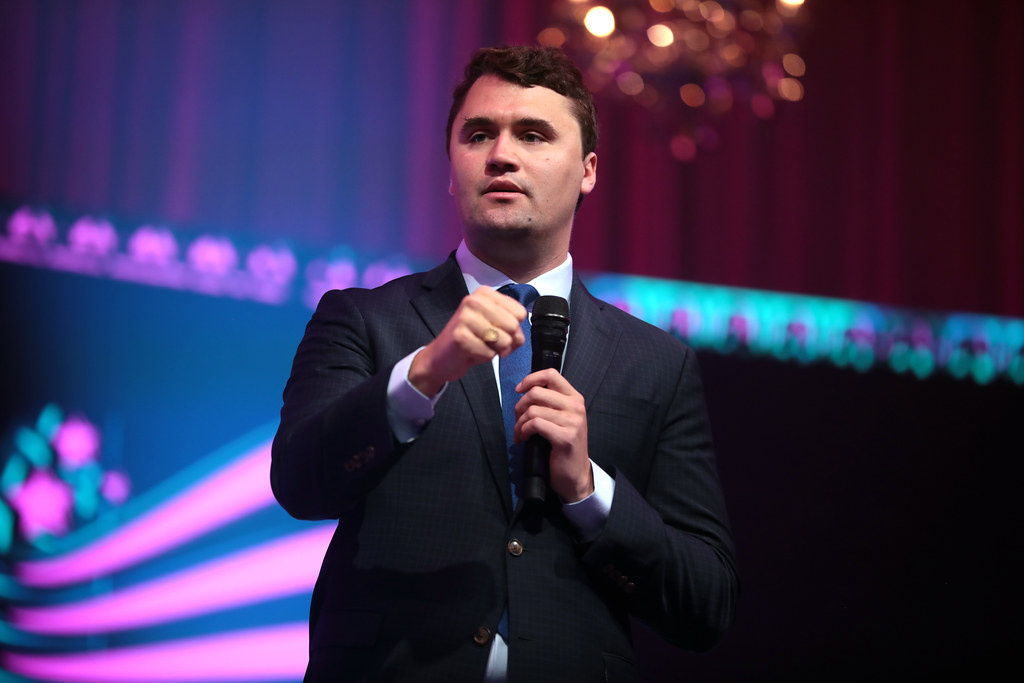
10. **Tragic Details Surrounding Charlie Kirk’s Death**Central to the controversy ignited by Kimmel’s monologue and the subsequent industry uproar was the tragic death of Charlie Kirk, the 31-year-old right-wing activist and co-founder of Turning Point USA. Kirk was assassinated on September 10 at Utah Valley University, an event that became the deeply sensitive focal point for the political arguments and accusations that followed, ultimately contributing to the pressures leading to Kimmel’s suspension.
The individual suspected of his murder, Tyler Robinson, a 22-year-old, appeared in court on Tuesday following the assassination, facing multiple grave charges, including aggravated murder. During this court appearance, prosecutors revealed they had filed a protective order to prevent Robinson from approaching Erika Kirk, Charlie Kirk’s wife, indicating the severe nature of the case and the legal measures being taken to safeguard the victim’s family. Furthermore, prosecutors explicitly stated their intention to seek the death penalty, a decision that underscores the profound gravity and public interest surrounding the crime.
Robinson remained largely silent during the proceedings, seen repeatedly looking down while clad in a green jumpsuit at the county jail. He spoke only once to confirm his identity and maintained a stoic demeanor as the judge detailed the seven counts he faced, including the capital murder charge that carries the potential for execution by firing squad. The stark legal proceedings and the pursuit of the death penalty highlight the devastating impact of Kirk’s death, which became tragically intertwined with a contentious national political debate through Kimmel’s commentary.
Read more about: FBI Director Reveals Key Evidence in Charlie Kirk Assassination Investigation
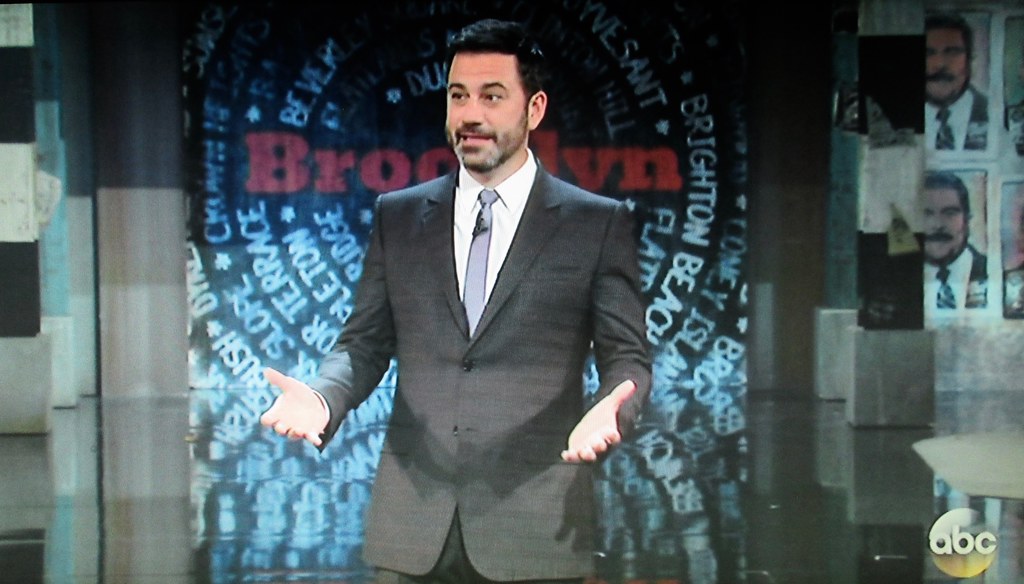
11. **The Critical Debate Over Freedom of Speech**At the very core of the industry’s reaction to Jimmy Kimmel’s suspension lies an urgent and deeply rooted debate about the boundaries and protection of freedom of speech, particularly within the media. Jason Bateman’s initial comments on the Today show encapsulated this sentiment, where he stated, “You just can’t stand by and let stuff like that go on,” directly linking Kimmel’s show being pulled to “freedom of speech concerns.” His words set the stage for a broader discussion on the implications for creative expression in a polarized environment.
This concern was not limited to actors but extended to political commentators and media figures who viewed the network’s action as a chilling precedent. MSNBC host Chris Hayes, for instance, unequivocally declared on X that the incident constituted “the most straightforward attack on free speech from state actors I’ve ever seen in my life and it’s not even close.” This strong condemnation from a respected journalist highlights the perceived severity of government intervention in media content.
The climate surrounding Kimmel’s suspension was further described as having “exacerbated concerns over free speech on the left,” as a direct consequence of the “MAGA push to clamp down on anti-Kirk speech or posts.” The context provided reinforces that the controversy was not merely about a comedian’s jokes but about the fundamental right to express potentially unpopular or critical opinions without fear of corporate or governmental reprisal. John Legend’s shared post by David Frum, questioning “How dare you call us fascists just because our appointees threaten government retaliation against broadcast networks if their comedians don’t say what we want them to say,” succinctly captures the essence of the perceived threat to free expression. This multi-faceted discussion elevates the incident beyond a simple programming decision, positioning it as a critical test for the principles of free speech in contemporary American media.
Read more about: Unveiling the Architects of Thought: The Enduring Quest to Define Reason’s True Nature
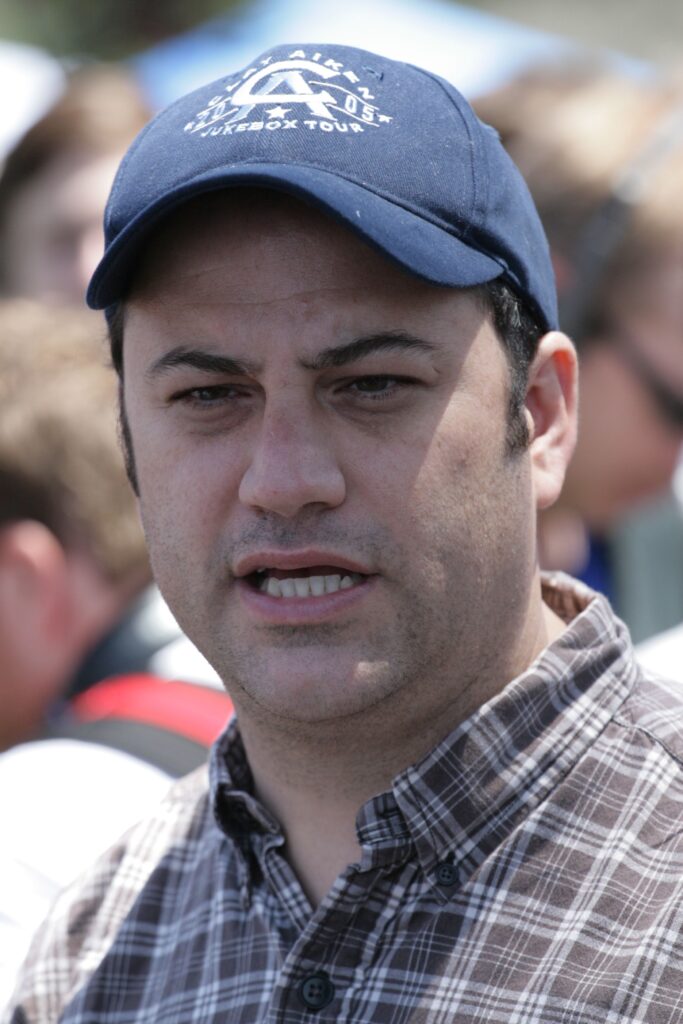
12. **High-Stakes Internal Network Discussions**Behind the public statements and celebrity reactions, the decision to suspend “Jimmy Kimmel Live!” was the culmination of intense, high-stakes internal discussions within ABC, Disney, and their national network affiliates. The immediate backlash following Kimmel’s controversial monologue forced executives into crisis talks, navigating immense political and corporate pressure. These discussions highlight the complex interplay of creative content, financial interests, and political sensitivities within a major media conglomerate.
Initially, reports suggested a degree of internal support for Kimmel’s stance. According to sources that spoke to Rolling Stone, many executives within ABC and Disney had “initially backed Kimmel following Monday’s show.” This suggests that there was an understanding of Kimmel’s role as a satirist and commentator, and perhaps a willingness to defend his creative autonomy in the face of initial criticism. However, this internal support reportedly waned under escalating external pressures.
The turning point appears to have been “fear of further repercussions from longtime Kimmel critic President Donald Trump,” coupled with the explicit threat from FCC Chair Brendan Carr. Sources indicated that executives were “p—ing themselves” amidst this pressure, ultimately leading to the decision to “pull the plug.” This dramatic reversal from initial backing to an indefinite suspension underscores the significant influence that powerful political figures and regulatory bodies can exert, compelling even large media corporations to prioritize compliance and risk mitigation over the defense of journalistic or comedic expression.
Read more about: Beyond the Quarter-Million Mark: Our Shortlist of Cars Engineered for Extreme Longevity
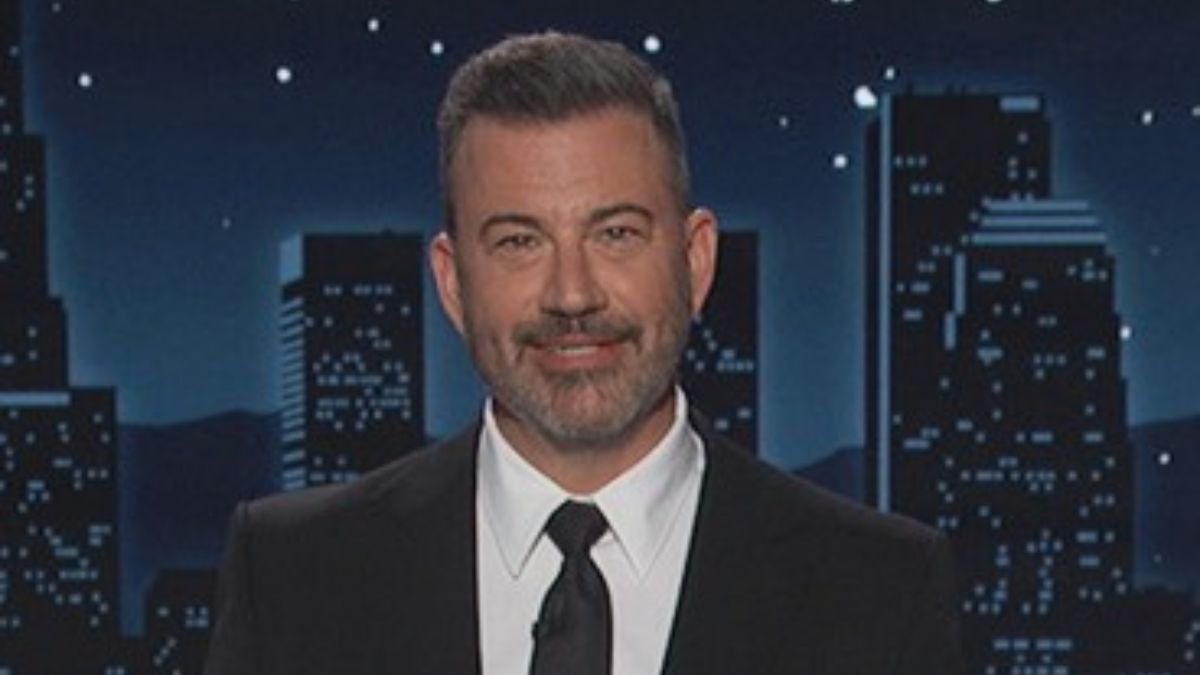
13. **Kimmel’s History of Industry Solidarity**Jimmy Kimmel’s current predicament, facing an “indefinite hiatus” and a battle over free speech, arrives against a backdrop of his own consistent history of showing solidarity with fellow late-night hosts and industry colleagues. This established pattern of mutual support makes the current rallying cry for Kimmel particularly resonant, as he has often been on the side of defending others in similar situations, showcasing a strong sense of camaraderie within the often competitive landscape of late-night television.
A prime example of Kimmel’s industry-wide support emerged just two months prior to his own suspension when CBS canceled “The Late Show with Stephen Colbert.” Far from viewing Colbert as a rival, Kimmel openly and vocally backed him. He notably cast his vote for “The Late Show” to receive the Emmy for Outstanding Talk Show, even though he himself was nominated in the very same category. This act of genuine support spoke volumes about his commitment to his peers.
Further solidifying his reputation for solidarity, Kimmel was seen celebrating Colbert’s Emmy win with John Oliver the day after the awards ceremony. These instances illustrate a host who consistently prioritized the collective success and well-being of the late-night community over individual accolades or rivalries. His previous actions of standing by Colbert underscore a pattern of industry loyalty that now, in his own time of need, is being reciprocated by a “legion of Hollywood celebrities” and colleagues like Jason Bateman. This history adds a poignant layer to the current crisis, framing it not just as a singular incident but as a challenge to the collective spirit of the entertainment industry.
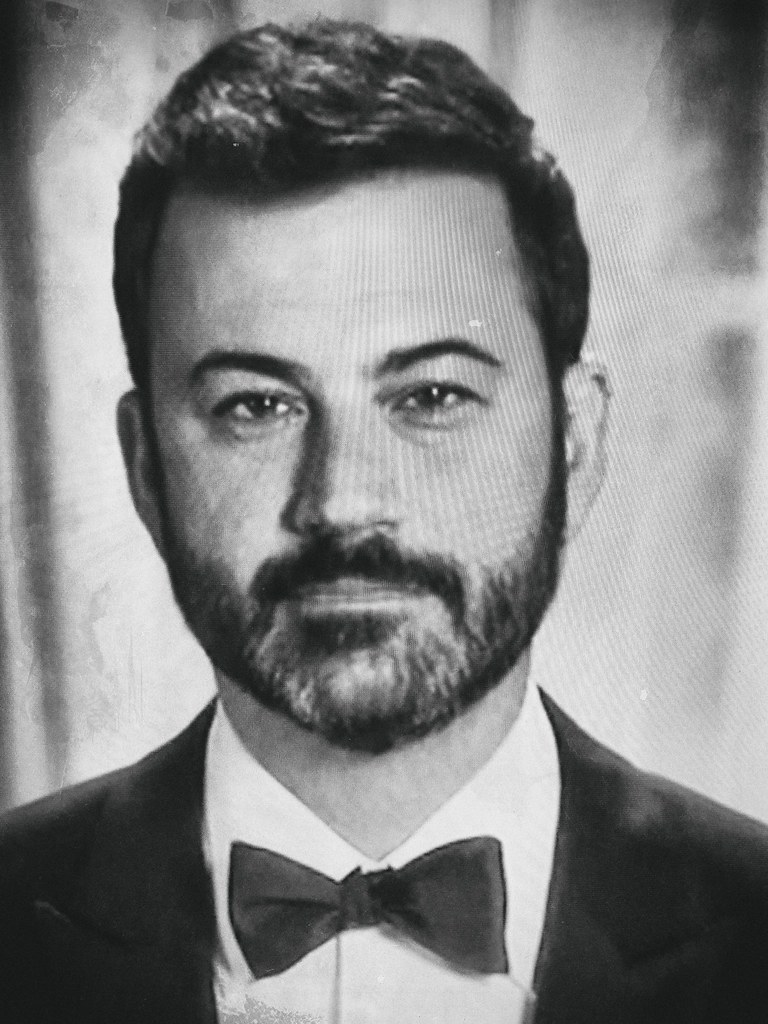
14. **The Critical Role of Affiliate Stations**The decentralized nature of television broadcasting in the United States meant that ABC’s decision to suspend “Jimmy Kimmel Live!” had immediate and far-reaching logistical implications for its network of affiliate stations across the country. These local broadcasters, while affiliated with ABC, operate with a degree of autonomy and were directly impacted by the sudden void in their late-night programming schedule, forcing rapid adjustments and highlighting their critical role in the dissemination of content.
Upon the announcement of Kimmel’s suspension, more than 150 affiliate stations received a memo detailing the programming change. This widespread communication from ABC explained that “Celebrity Family Feud” reruns would temporarily occupy the 11:35 p.m. slot while the network reviewed the program’s future. The speed and necessity of this communication underscored the vast logistical undertaking required to implement such a significant schedule alteration across a national footprint, particularly for a daily late-night show.
Affiliate groups responded quickly to fill the unexpected gap. Sinclair, one of the largest affiliate groups, publicly confirmed its plan to air a special in Kimmel’s slot on Friday and made it available to other ABC stations, demonstrating a proactive approach to ensure continuity for viewers. Similarly, Nexstar Media, another major player that owns more than 30 ABC affiliates, announced it would replace “Jimmy Kimmel Live!” with alternate programming across its markets. The situation was further complicated for Nexstar given its ongoing $6.2 billion merger with media company Tegna, a deal that itself requires FCC approval, adding another layer of sensitivity to their programming decisions amidst the FCC Chair’s threats. These swift and varied responses from affiliates underscore their vital role not just as broadcasters, but as key stakeholders in maintaining network stability and viewer engagement during moments of corporate and political turbulence.
Read more about: Sallie Bingham, Author, Feminist, and Catalyst in a Media Dynasty’s Demise, Dies at 88
The unfolding saga of Jimmy Kimmel’s suspension from “Jimmy Kimmel Live!” transcends a mere programming change; it serves as a stark reminder of the fragile ecosystem where entertainment, politics, and the fundamental tenets of free speech intersect. As Hollywood figures like Jason Bateman eloquently articulate, this is not a moment for silence or passive observation. It is a defining juncture that compels the industry, regulators, and audiences alike to confront profound questions about creative autonomy, network accountability, and the very future of unvarnished commentary in an increasingly scrutinized public sphere. The ripples from this incident will undoubtedly continue to reshape industry discourse, reminding us all that in the arena of public opinion and media, the stakes for speaking out have never been higher.


